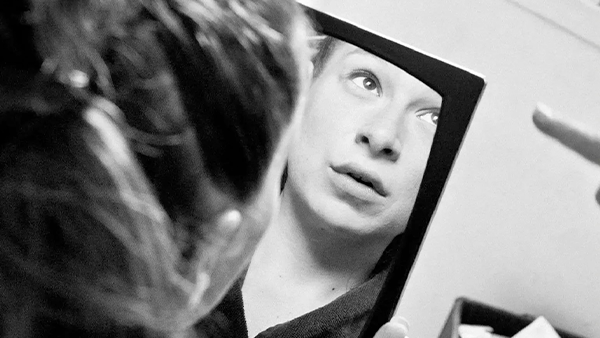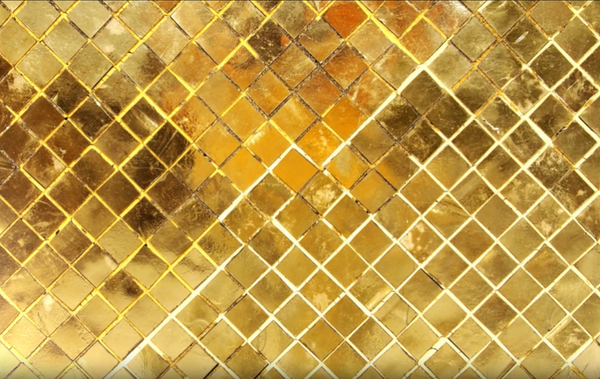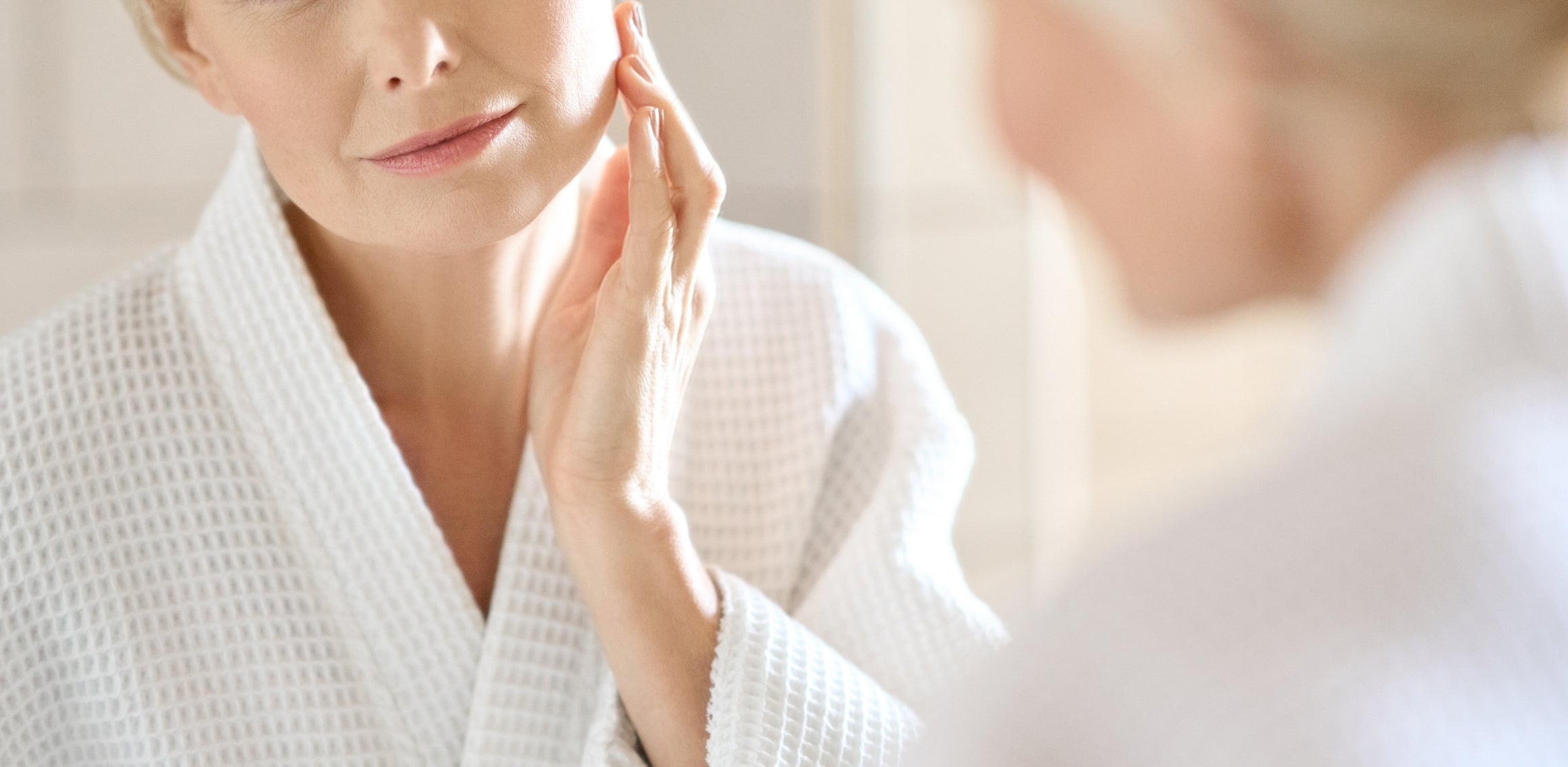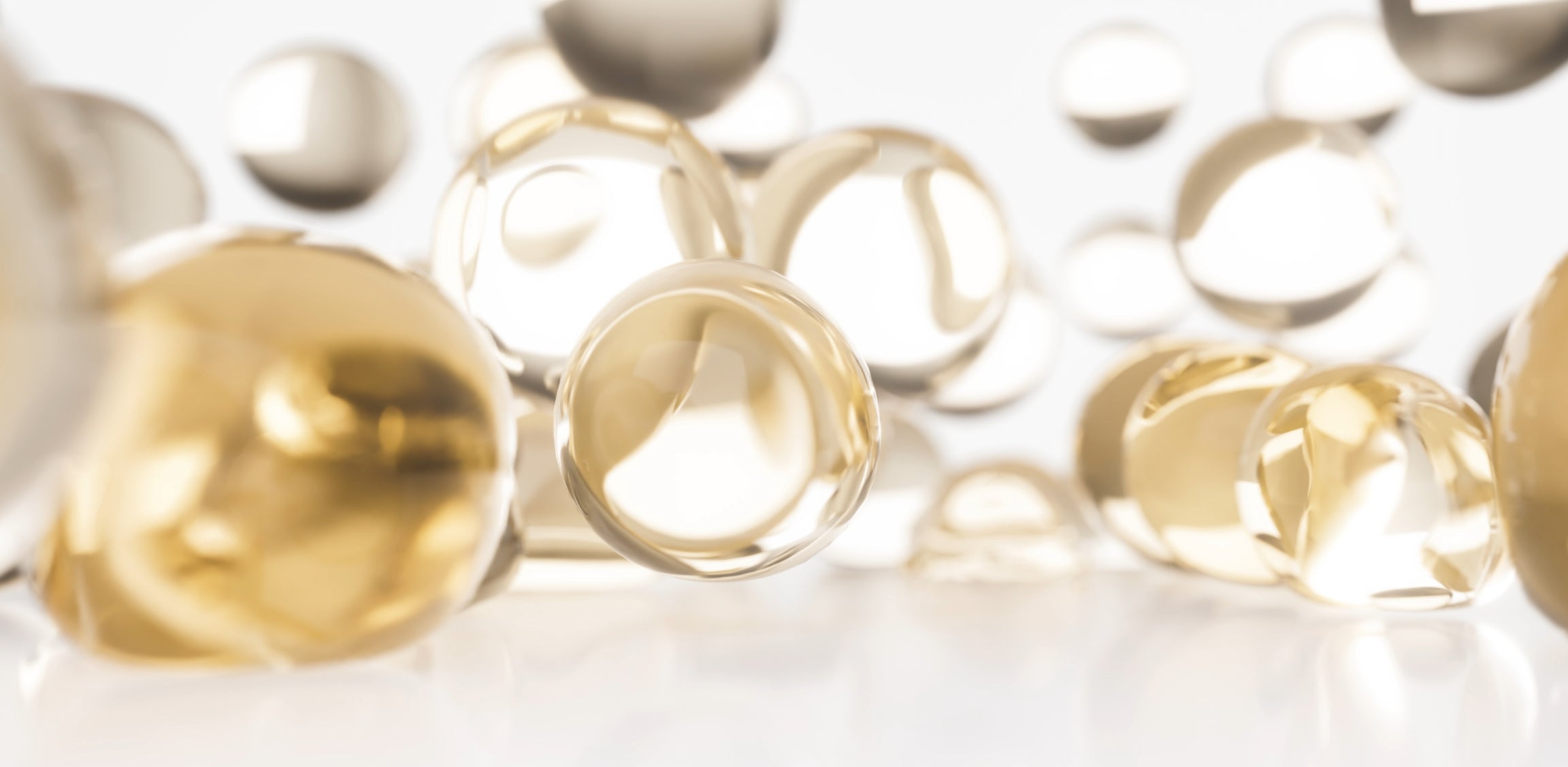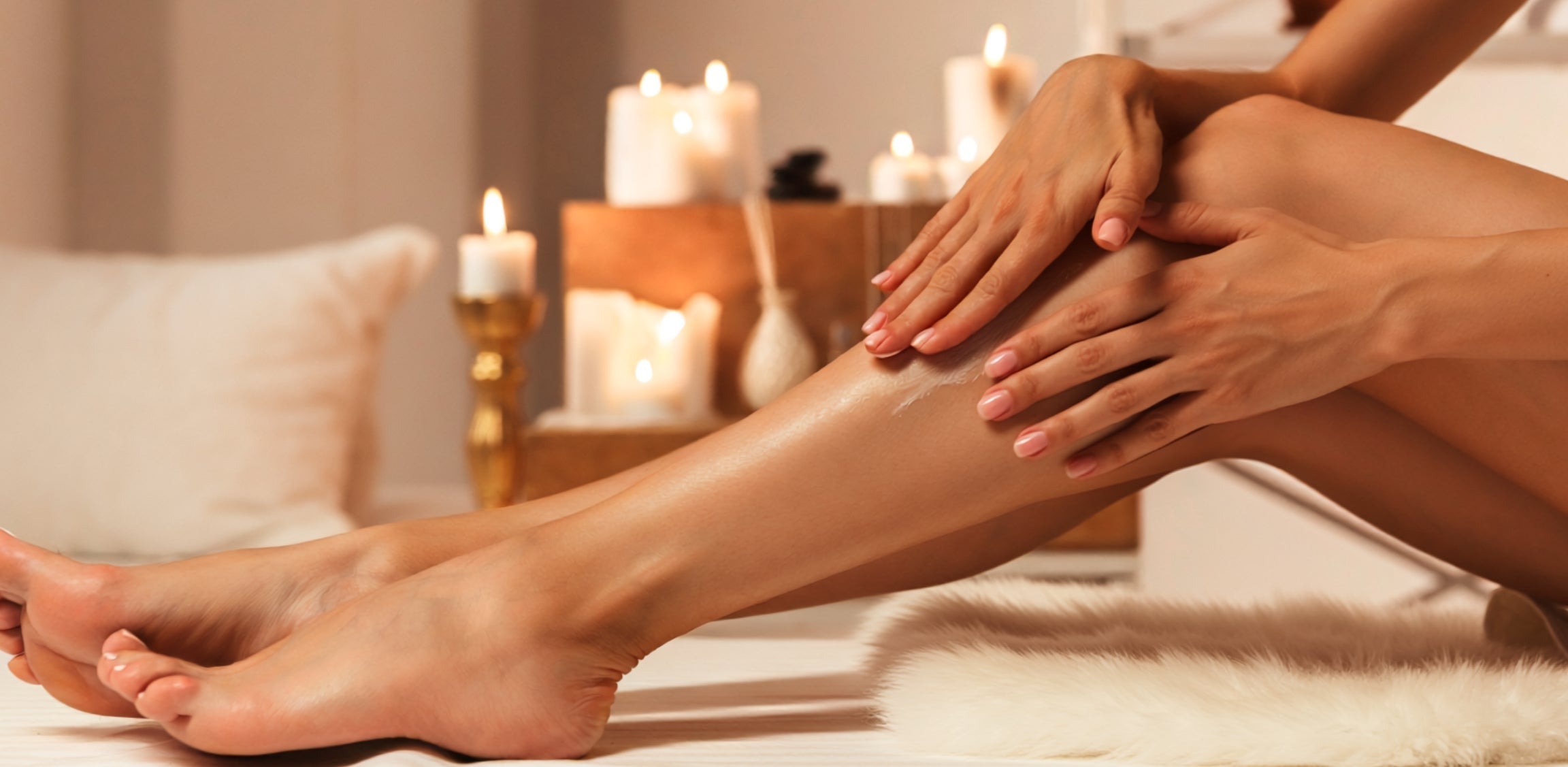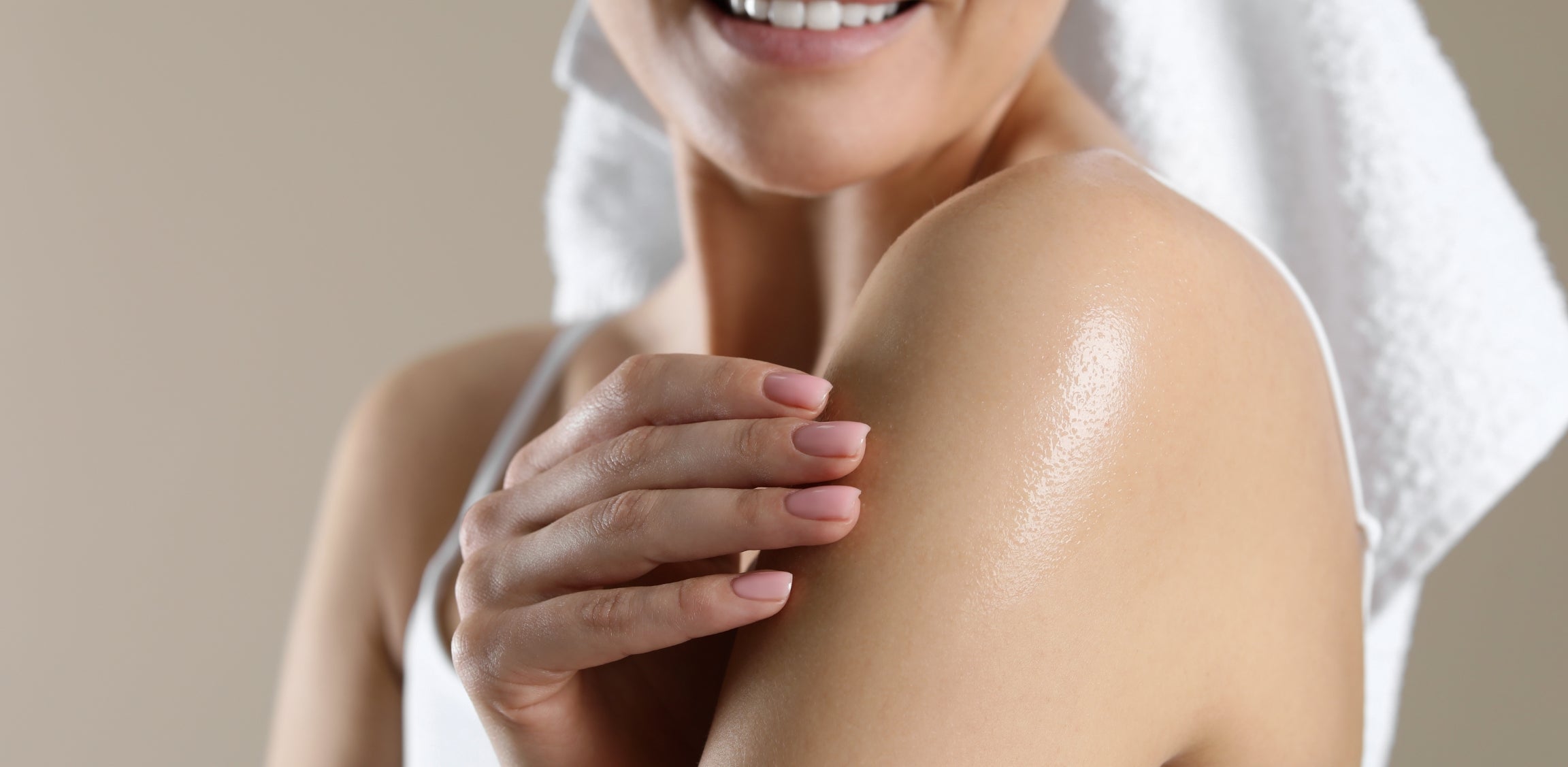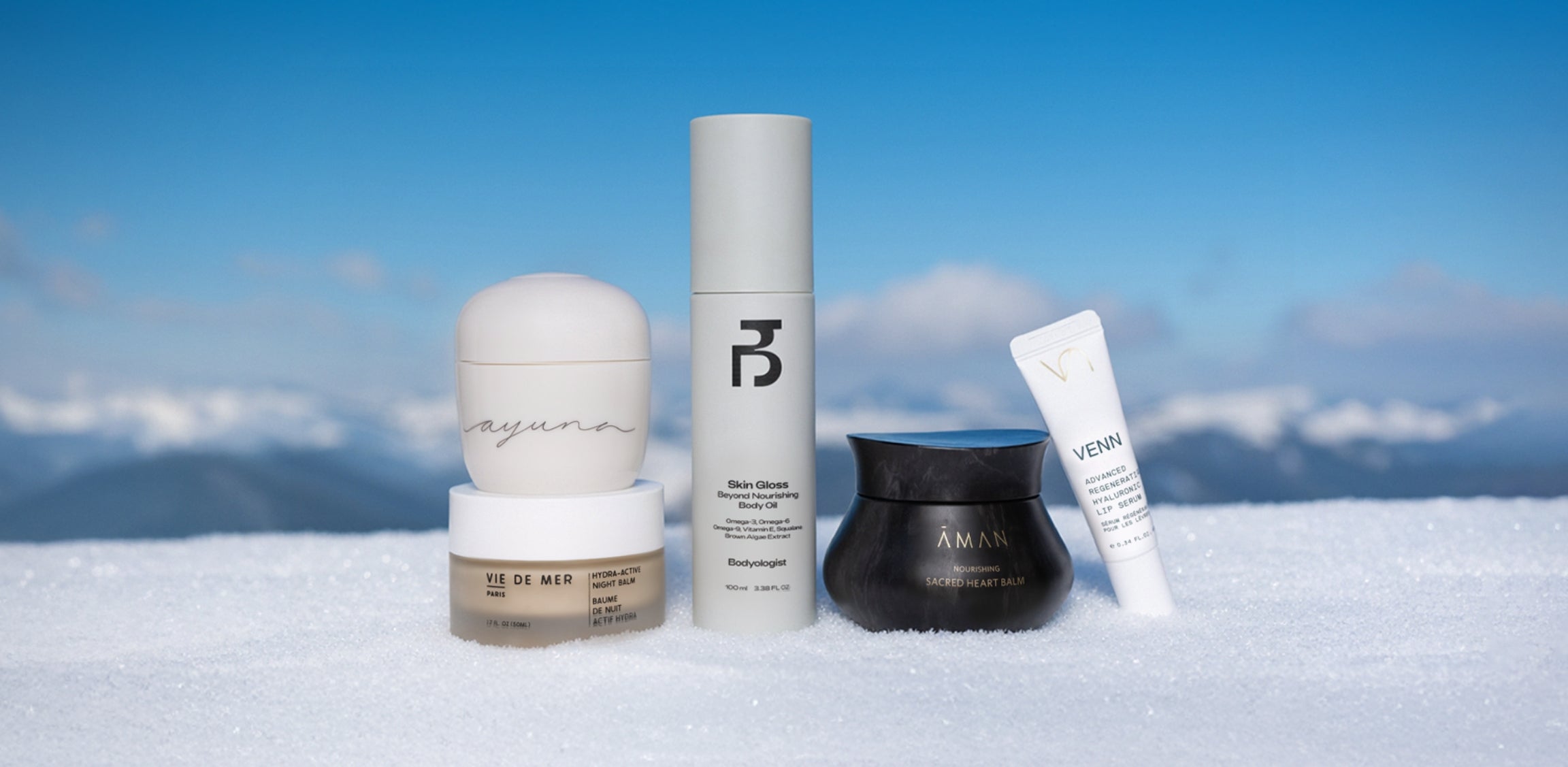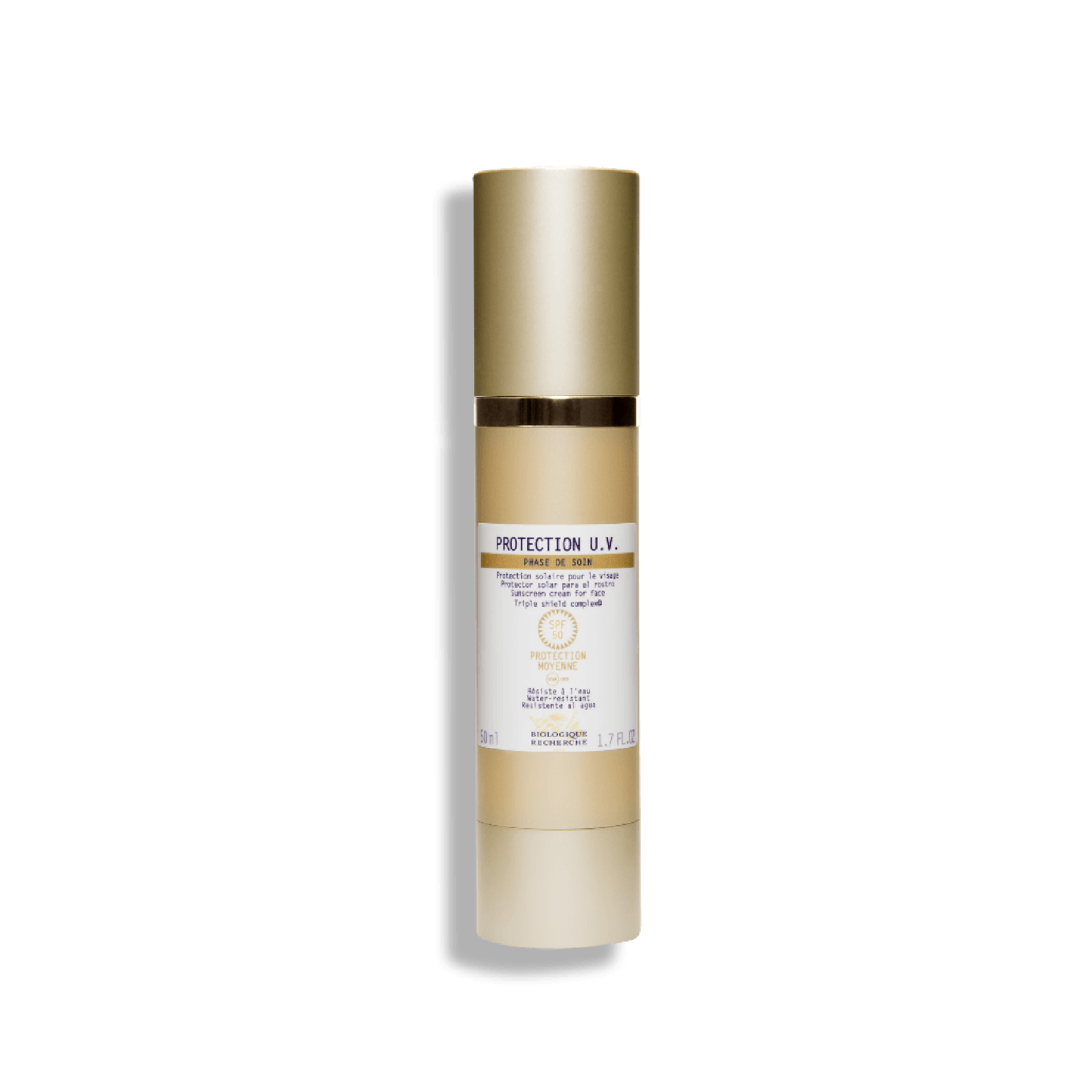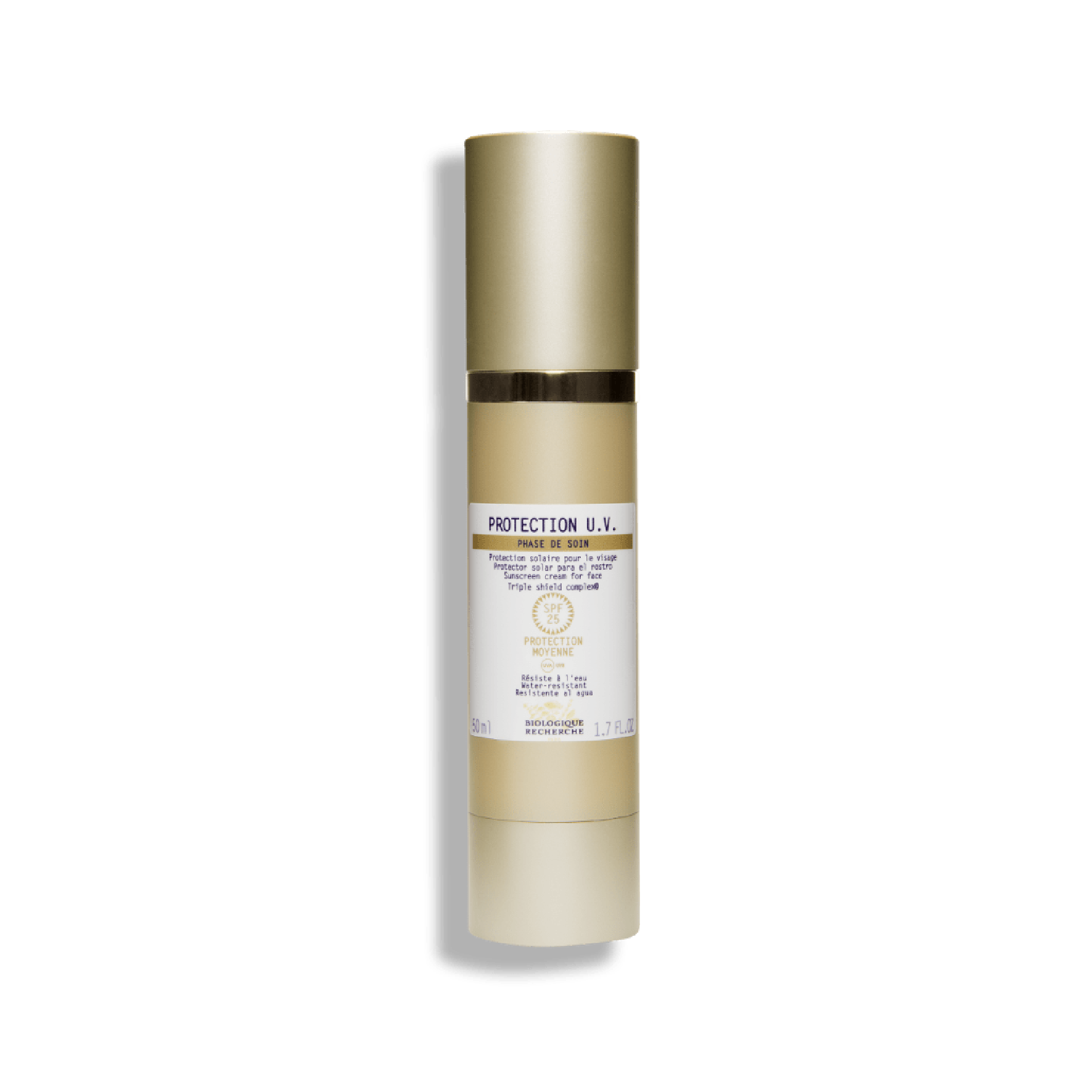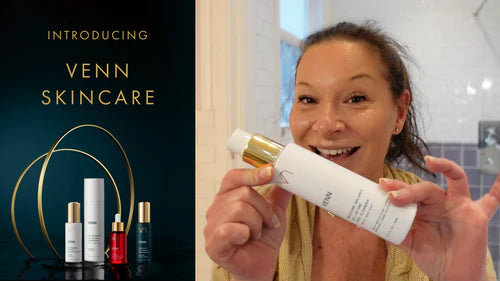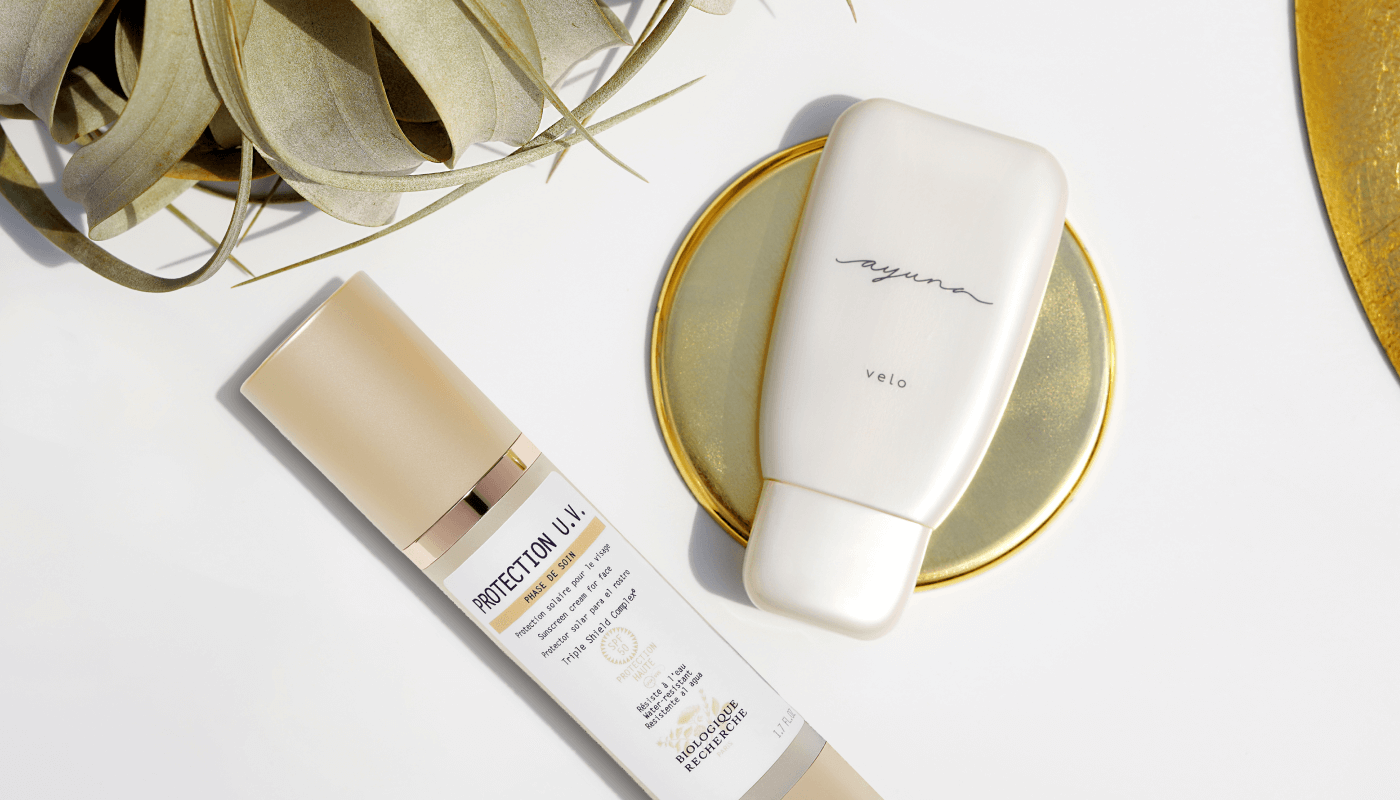
Why SPF is Vital for Healthy Skin
/ By Natalie Kingsley-Fieldgrass
Spring has officially arrived, and summer is hot on its heels. With the increase in sunlight though, you may have been considering upping your sunscreen application. As always, we hope that you’re using SPF all year round, not just when the seasonal depression melts away. However, if you’re completely new to sunscreen use, we’re sure this article will help you find the perfect SPF for your skin.
Premature Ageing
Here at Embassy of Beauty, we’re firm believers that sunscreen is a staple in all skincare routines. We also recommend incorporating its use as soon as possible! Why? Well, apart from the obvious reasons such as the increased risk of skin cancer and sunburn, the UV rays from the sun causes premature ageing. In fact, a whopping 80% of premature skin ageing is caused by our bright yellow orb.
That means no matter how much hyaluronic acid or retinol you slather on; nothing will ever be as effective at skin ageing prevention than sunscreen. How do the sun’s rays actually impact our skin though? To understand that we need to break down the light.
UVA & UVB
Basically, the sun consists of electromagnetic radiation. This includes visible light, ultraviolet light and infrared. You’re probably familiar with ultraviolet and seen the terms UVA and UVB on countless products, but you might be surprised to know that they both affect the skin in different ways.
Ultraviolet B (UVB) has a shorter wavelength, which penetrates mostly the epidermis and the reason we experience sunburn,think B = for burning. Exposure to UVB light results in nearly instantaneous damage. This type of UV is more prominent during the warmer months, or in more tropical climates.
On the other hand, Ultraviolet A (UVA) has a longer wavelength, which penetrates all the way to the dermis and leads to skin ageing, think A = for ageing. Unlike UVB, exposure to UVA does not cause immediate visible damage. Its effect tends to accumulate over time, leading to a major degradation of skin cell DNA, premature collagen and elastin breakdown and skin cancer. UVA is equally present all year round and it can penetrate through clouds and glass. This is why it’s important to apply sunscreen in all weathers, even indoors if you’re exposed to the window light. In other words, if you can see the sunlight, then you should apply sunscreen.

Infrared Light & HEV
Infrared light (IR Light), also emitted by the sun, has gotten a big boost in the beauty world. With many clinics carrying out infrared treatments that help to rejuvenate and heal skin. The difference between clinical infrared and the sun’s infrared is that clinics use theirs at a healthy, controlled frequency, which aids in skin rejuvenation. Whereas overexposure to the sun's infrared can lead to thermal burns, erythema and skin wrinkling. Yikes.
But what if you work in a secret underground Mi5 bunker? I mean, you’re probably not seeing the sun, so you should be safe, right? Wrong! The advancement of technology has given us many wonderful things, including our handy computers. But did you know that your MacBook screen emits its own form of radiative light? Yes. High Energy Visible Light (HEV), commonly known as blue light, is in basically everything that has a digital screen. Which means we’re surrounded by it at almost any given time. Just like UVA, blue light generates free radicals which damage healthy skin cells. In fact, HEV goes even deeper than UV light, causing early protein breakdown. As collagen is a form of protein, this destruction ultimately leads to early signs of skin ageing, such as fine lines, deep wrinkles and loss of elasticity.

Chemical vs Physical Sunscreen
We know, all this light sounds a bit dark, but that’s why sunscreen use needs to be made into a daily habit! Thankfully, there are thousands of choices to find the best match for you! All sunscreens are either based on chemical or physical filters and are not created equally, nor work the same way.
Chemical sunscreen is quite cool in its method of protection. When you apply it to skin, the chemical filters in the sunscreen begin to absorb UV rays, subsequently converting them into heat. After this, the heat is released safely from the skin. Think of chemical filters as a “sponge”. Chemical sunscreens are usually great for day-to-day wear, as they tend to be lighter and absorb quicker into skin. Which make them great for sitting at a desk or making your daily M&S run.
On the other hand, physical sunscreen works like a protective shield, helping to “bounce back” ultraviolet light. The mineral ingredients create a literal physical barrier on your skin, instantly reflecting sunlight. When physical sunscreens first launched, they were oftentimes quite heavy, or difficult to rub in, leaving a visible white cast on skin. Thanks to scientists though, mineral sunscreen formulations have improved immensely, with many wonderful products that leave a beautiful light finish. Ayuna’s Velo is one such offering. Its consistency is far from its greatest asset though. Velo is a beautifully tinted sunscreen that features 6-in-1 protection and leaves your skin with a silky soft finish. This day cream shields skin from multiple environmental aggressors such as pollution, free radicals, dehydration, UV light, dryness and bad bacteria. Highly rejuvenating, it melts into skin to hydrate and even skin tone, leaving it with a healthy glow.

Application Tips
You probably know to reapply sunscreen throughout the day (every 2 hours to be precise), especially when in direct sunlight. But do you know how much to apply for maximum effectiveness? While some say to apply two fingers length worth for adequate coverage, alas, this is a big bright myth. The reason why is quite obvious when you think about it. We all have different sized faces! Not to mention different sized fingers. Following the before mentioned finger technique can either lead to not enough, or too much product usage. You should start with ¼ of a teaspoon for the face as a general guidance and adjust accordingly to the surface area. You also need to take into account your neck, your hairline, the back of your ears, and your décolleté. These areas are often left neglected but should be equally protected when exposed to UV rays.
SPF'S AT EB
You also need to give sunscreen enough time to do its work. Make sure it’s fully absorbed before heading out or layering makeup on top. And we know what you’re thinking, but the answer is unfortunately no. Your foundation with SPF4 is not enough for sun protection. We recommend sunscreen with a factor of at least SPF25. Which of course leads to the next question, and one we oftentimes get here at the Embassy of Beauty. Is SPF50 twice as strong as SPF25? Nope. It’s only 2% stronger. It turns out SPF25 blocks around 96% of UVB, while SPF50 blocks 98%. The difference is small but it’s significant in terms of protection, especially for those with fair skin that sunburn quickly. That being said, if you’re going to be exposed to the strong summer sun for prolonged period of time, then without a doubt reach for SPF50.

Many sunscreens out there are thick, greasy and comedogenic sunscreen, however at Embassy of Beauty we offer only advanced sunscreens with beautiful textures and also additional skincare actives to elevate skin protection from environmental factors, hydrate and nourish. The Protection U.V. SPF50 from Biologique Recherche, is a great example. Consisting of relipidating karanja oil, it works to nourish mature, dry skin, whilst providing antioxidant protection through ferulic acid. It’s sibling Protection U.V. SPF25 also offers great moisture in a slightly lighter consistency, making it great for those who prefer something airier. Milk Thistle imparts the sunscreen with pigmentation fighting benefits, and Mannitol, a type of low molecular weight sugar provides a burst of hydration.
Both the SPF25 and SPF50 from Biologique Recherche offer the brands’ proprietary Triple Shield Protection. This targets UVA, UVB, blue light and infrared, allowing full protection from sunlight and technological light exposure.
Sunscreen is probably the best product in your beauty arsenal. Actually here at Embassy of Beauty, we’re happy to offer multiple choices depending on your skin type and preferences, ensuring you get the most potent form of anti-ageing there is.
Thank you for reading and see you soon!
The Biologique Recherche Protection U.V. 50 provides effective protection against UVAs, UVBs, and infrared radiation with SPF 50. It includes additional actives for DNA protec...
The Biologique Recherche Protection U.V. 50 provides effective protection against UVAs, UVBs, and infrared radiation with SPF 50. It includes additional actives for DNA protection and anti-glycation benefits.
Read More
The Biologique Recherche protection U.V. is an anti-ageing and anti-pigmentation cream which protects the skin from UVAs, UVBs and infrared radiation with a Sun Protection Fac...
The Biologique Recherche protection U.V. is an anti-ageing and anti-pigmentation cream which protects the skin from UVAs, UVBs and infrared radiation with a Sun Protection Factor SPF 25.
Read More
About Me
